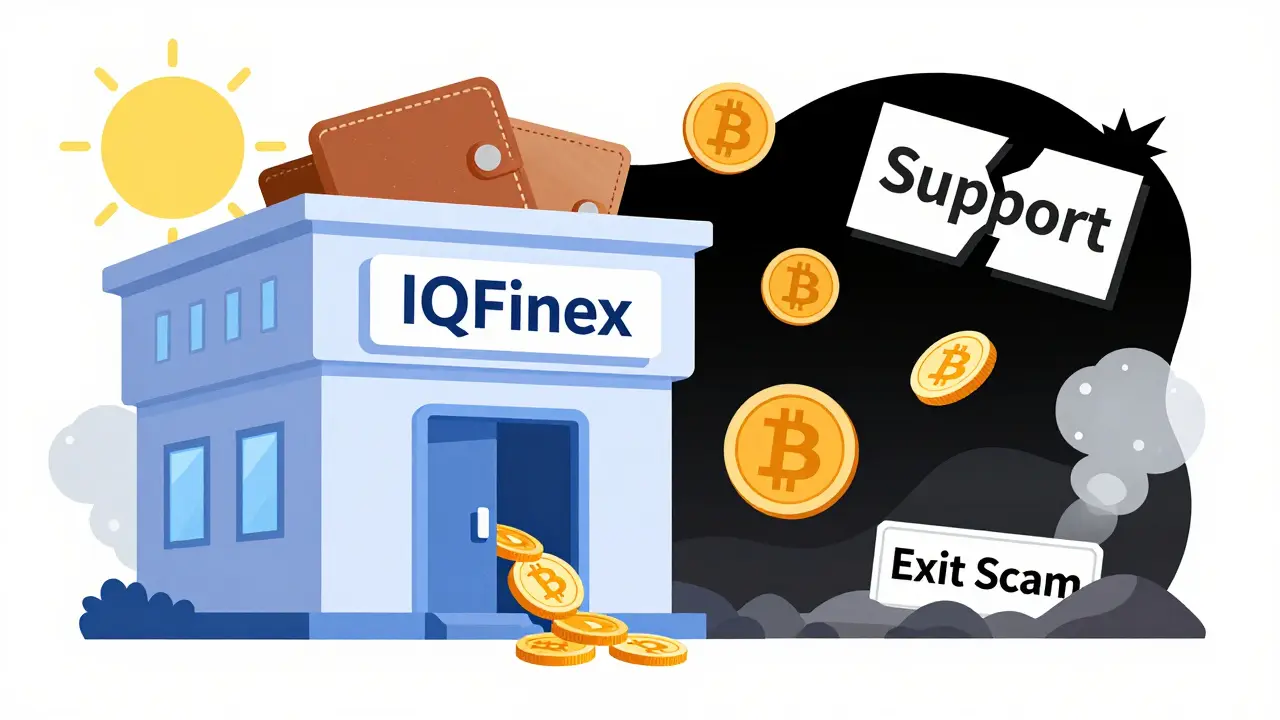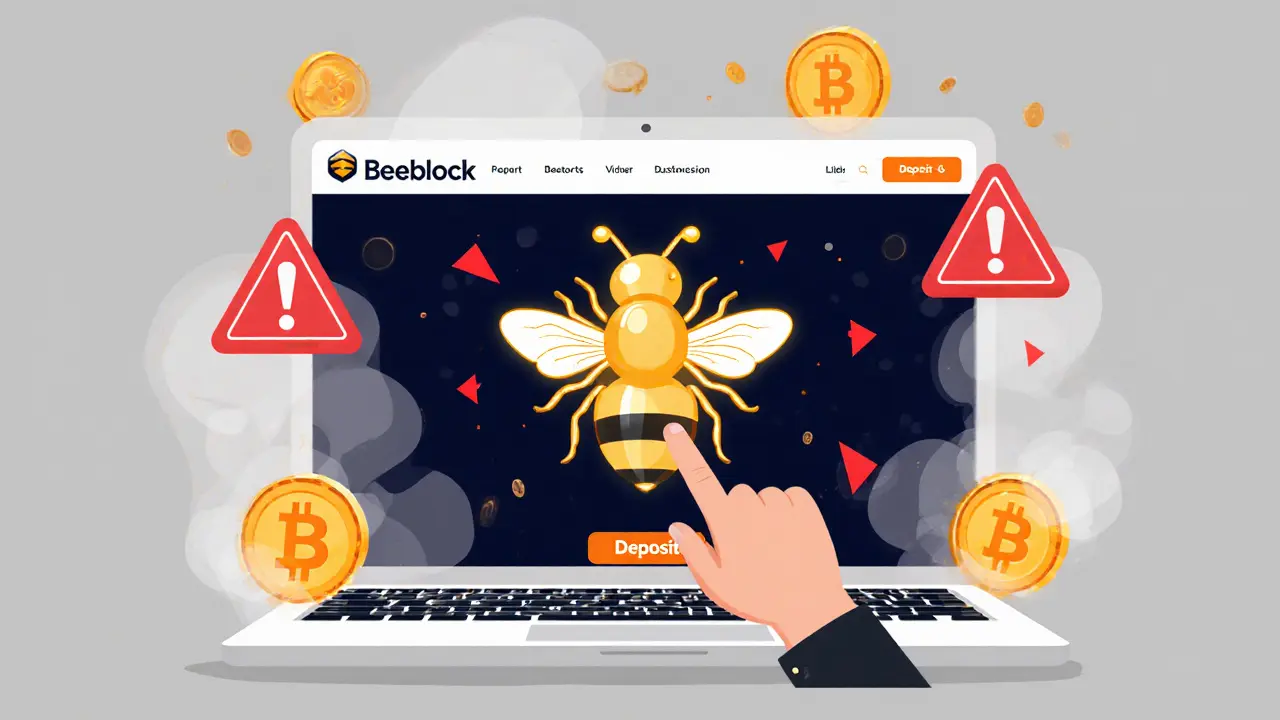Fake Crypto Exchange: How to Spot and Avoid Scam Platforms
When you hear fake crypto exchange, a platform that pretends to let you trade cryptocurrencies but is designed to steal your money. Also known as shady exchange, it often looks real—same logos, same interface, same reviews—but it has no licenses, no real customers, and no way to withdraw your funds. These platforms don’t just disappear overnight. They build trust slowly, using fake testimonials, cloned websites, and influencers paid to push them. Once you deposit even a small amount, you’re locked in. No support. No refunds. Just silence.
Most fake crypto exchanges, operate without any legal oversight and often target users in regions with weak crypto regulations. Also known as rug pull exchanges, they’re closely tied to crypto scams, fraudulent schemes that lure people with promises of high returns or free tokens. These scams rely on urgency: "Limited time offer!" "Only 10 spots left!" "Claim your free airdrop now!" If it sounds too good to be true, it is. Look at posts like the one about İkipara, a Turkish exchange flagged for missing licenses and security gaps. Or TomoDEX, a platform whose current status is unclear, raising red flags for users. These aren’t outliers—they’re warnings.
Real exchanges have public teams, verified domains, and clear audit reports. Fake ones hide behind anonymous owners, use free website builders, and have no customer support email you can actually reach. They often mimic real names—like "Binance Lite" or "Coinbase Pro"—but the URL is slightly off. Always check the domain. Always check the SSL certificate. Always search for user complaints on Reddit or Twitter. If you can’t find a single real review outside their own site, walk away.
What you’ll find below isn’t just a list of bad platforms. It’s a collection of real cases—like the fake crypto exchange that claimed to offer free HGT tokens, or the one that pretended to be a DeFi hub for FEG Token users. Each post breaks down how the scam worked, what went wrong, and how you can avoid the same trap. No fluff. No theory. Just what you need to protect your money.

